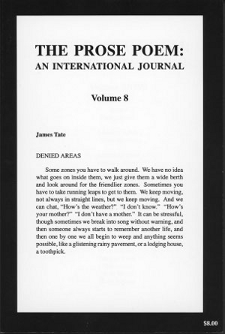Providence College Journals
Art Journal
The Providence College art journal has been the capstone experience for the Art and Art History students since the inception of the Department.
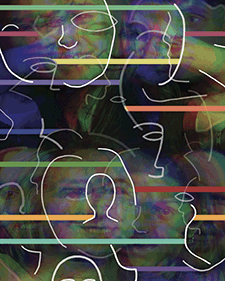
INTI: Revista de literatura hispánica
ISSN 0732-6750
INTI fue fundada por Roger B. Carmosino en noviembre de 1974 en la Universidad de Connecticut, Storrs, Estados Unidos. A partir de entonces se ha dedicado a recoger los resultados de la investigación académica en todas las áreas críticas de la literatura latinoamericana y española. También ha sido una vía de expresión para el quehacer creativo del mundo hispánico.
Esta edición electrónica de INTI les ofrece gratuitamente a nuestros lectores todo el contenido de los números impresos. Contando con el apoyo de nuestros suscriptores y patrocinadores seguiremos publicando la edición impresa de INTI al precio corriente de la suscripción anual.
INTI was founded by Roger B. Carmosino in November 1974 at the University of Connecticut, Storrs, USA. Since then, INTI has been publishing the results of academic research in all areas of Latin American and Spanish Peninsular Literature. It has also been a means of expression for the creative work of the Hispanic world.
This online edition brings back issues of the journal to the web in a freely available edition. All published material on the web is available without a subscription. With the support of our subscribers and sponsors, the print edition will continue to be published and available only by subscription.
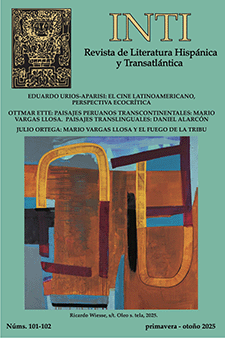
Narrative Medicine: Essays on Health and Care
ISSN 3065-2847
Sponsored by the School of Nursing and Health Sciences (SNHS) at Providence College, Narrative Medicine: Essays on Health and Care presents readers with personal narratives about the experience of providing – or receiving – health care. Since SNHS prepares students for a variety of health careers, we seek to educate future administrators, clinicians, and policymakers about the challenges of coordinating and delivering care and the experience of illness. Our published narratives are written by undergraduates with a wide range of personal and professional interests. The Journal’s co-editors work closely with students to polish their submissions, but published narratives reflect students’ lived experiences. Our focus is on presenting personal reflections on health and health care that have practical implications for improving the delivery of care.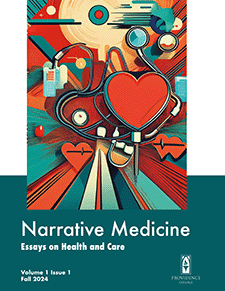
Providence: Studies in Western Civilization
ISSN 1063-7974
Providence: Studies in Western Civilization (ISSN1063-7974) was published four times a year in Fall, Winter, Spring, and Summer. It was sponsored by Providence College and is dedicated to interdisciplinary studies in Western Civilization from a Judeo-Christian perspective.
This Journal is no longer being published.
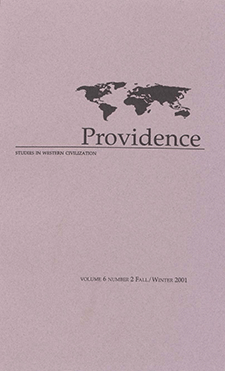
Sociology Between the Gaps: Forgotten and Neglected Topics
ISSN 2472-1255
Established in 2014, Sociology between the Gaps: Forgotten and Neglected Topics (SBG) is an innovative, peer-reviewed, open-access, cross-disciplinary, independent online journal published in English. This journal publishes high quality, previously unpublished submissions that fall into sociological work that may be viewed by some as outside mainstream sociological topics; hence the full journal title: Sociology between the Gaps: Forgotten and Neglected Topics. SBG also aims to reflect the intersections of social class, race, gender, age and cross-disciplinary views by encouraging authors to submit work on topics that cross disciplinary boundaries and/or areas of specialization but effectively link disciplines to provide a multi-disciplinary perspective on the topics and issues addressed.
This not-for-profit journal is published electronically in collaboration with Digital Projects & Metadata at Providence College's Phillips Memorial Library. The Editor-In-Chief is grateful to the library staff that help make this publication possible.
Send submissions and inquiries to Dr. Josephine Ruggiero, Editor-in-Chief at: jruggier@providence.edu.
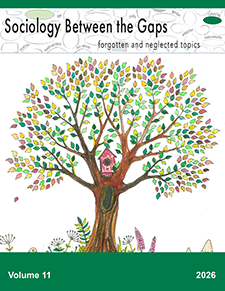
The Alembic
The Alembic is the official literary journal of Providence College. Founded in 1920, it was the College's first publication and has gone through many changes since its original run. Earlier issues served not only as a platform for student literary expression, but also as a yearbook and news service. Inclusions in the journal have received national attention through various literary review committees and organizations.
The Alembic 2025 issue is also available as a podcast:
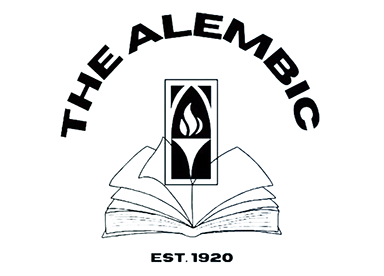
The Assisi Institute Journal
The Assisi Institute Journal provides a forum for interdisciplinary investigation into the presence and working of psyche in matter, and the influence of archetypal patterns and dynamics in the personal and collective domains of culture and life. Accordingly, the Journal seeks to advance analysis of the “psychic fields of experience” present in clinical and therapeutic settings, organizations (government, business, leadership, scientific, and cultural), artistic, spiritual, and religious practices, and the natural and/or built environment. Of particular importance is the contribution toward a more profound understanding of archetypal patterns as they influence both the proliferation of violence in the world and the establishment of justice and peace in human relations in both local and international communities.
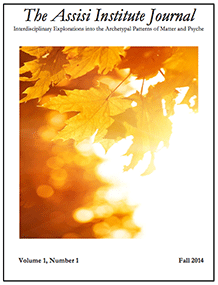
The Heritage Journal
The Heritage Journal is a biannual newsletter for the Black Studies Program at Providence College. We invite our scholarly community- students, faculty, staff, alum and community members to contribute to Heritage. Pieces can take multiple forms such as art, poetry or prose; they can be reflective or analytical.
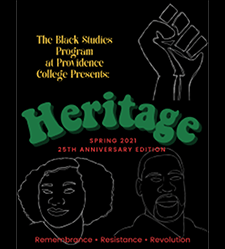
The Prose Poem: An International Journal
The Prose Poem: An International Journal began publication in 1992 as an anthology of prose poetry from around the world. Edited by Peter Johnson, Professor of English at Providence College, Providence, RI, nine volumes of The Prose Poem were published over the next decade. A collected volume, The Best Of The Prose Poem: An International Journal, was published in 2000 by Providence College and White Pine Press. The Prose Poem ceased publication in 2000.